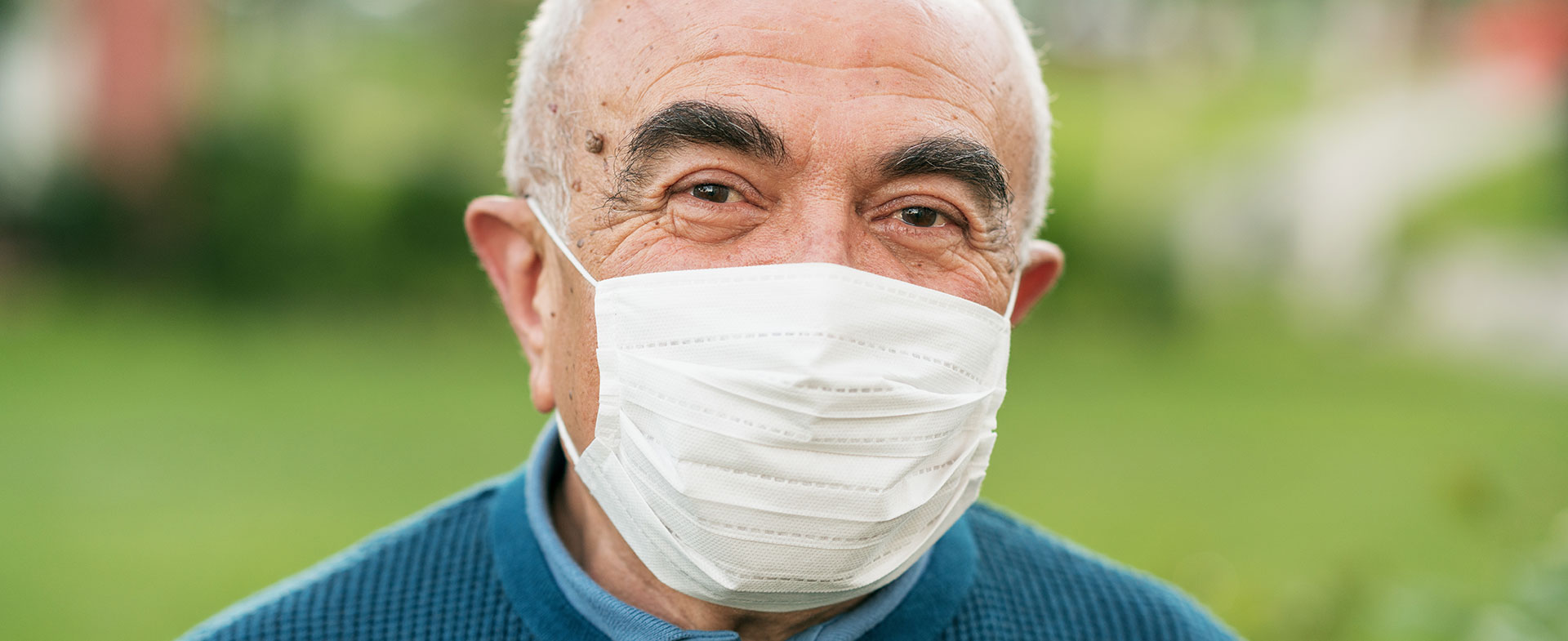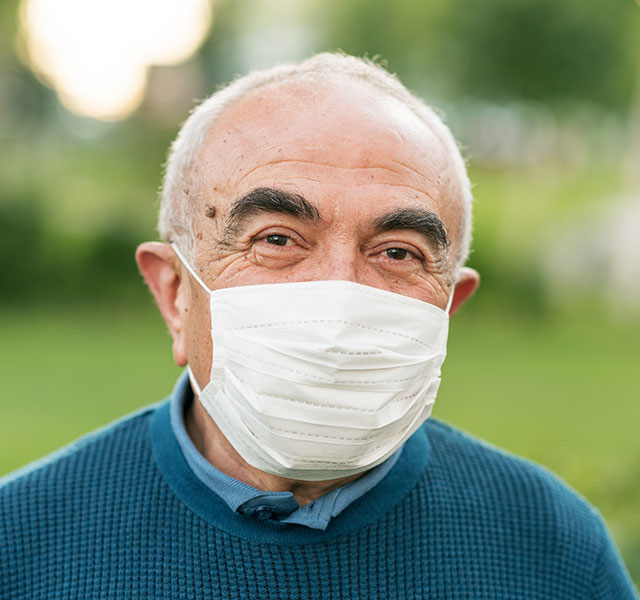While undergoing chemotherapy, cancer patients can experience several side effects such as fatigue, hair loss, nausea, insomnia, muscle aches, a fever and a weakened immune system. These are difficult symptoms to deal with at any time, but because many chemotherapy side effects overlap with symptoms of both COVID-19 and the flu, it can be confusing to know the source of the symptoms.
“Chemotherapy side effects like nausea, diarrhea, fatigue, muscle aches, and a fever can also be symptoms of both COVID-19 and the flu,” says Ahmad Mattour, M.D., a medical oncologist with Henry Ford Health. “It’s difficult to diagnose someone based upon symptoms alone because we’re still learning the full spectrum of COVID-19 symptoms. People respond differently to this virus.”
If you have any of the above symptoms, and you’re worried it could be signs of the flu or COVID-19, contact your doctor right away.
“Don’t go straight to the hospital unless you have difficulty breathing, chest pain, or confusion,” says Dr. Mattour. “Instead, call your physician, who will tell you what to do. The most important thing is safety. In the current environment, assume nothing. Always call your doctor.”
Protecting Yourself From COVID-19 And The Flu
Cancer patients have weakened immune systems, so they aren’t easily able to fend off illnesses.
“Any infection that a cancer patient contracts could be dangerous,” says Dr. Mattour. “We can’t really compare the flu to COVID-19. They’re two different viruses and we are still learning about COVID-19, so I consider them equally concerning to a cancer patient.”
To avoid contracting illnesses like COVID-19 and the flu, take the following precautions:
- Practice social distancing. Avoid crowds and maintain a distance of at least six feet from yourself and others. (But the more distance between yourself and other, the better.)
- Wash your hands frequently. When you don’t have easy access to a sink, use a hand sanitizer with at least 60% alcohol.
- Wear face masks in public. When you can’t avoid being around others, especially while inside, wear a face mask.
- Get your annual flu vaccine. Because it’s a new virus, there is not an approved COVID-19 vaccine, but that’s all the more reason to get your flu shot. While the flu vaccine won’t protect you from COVID-19, it will give you more protection against the flu.
“COVID-19 or not, these are the usual recommendations that any cancer patient should follow,” says Dr. Mattour. “If you have any questions, contact your doctor for advice.”
If you are a cancer patient and you think you have contracted COVID-19, call Henry Ford's OncoSTAT clinic at (313) 916-9840 to receive same-day virtual or in-person care.
To make an appointment with a cancer specialist, visit henryford.com/cancer or call (888) 777-4167.
Ahmad Mattour, M.D., is a medical oncologist who sees patients at Henry Ford Cancer in Brownstown, Henry Ford Hospital in Detroit, and the Henry Ford Cancer in Detroit.



